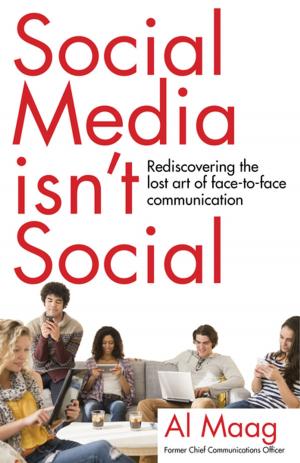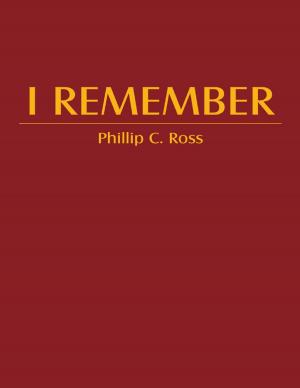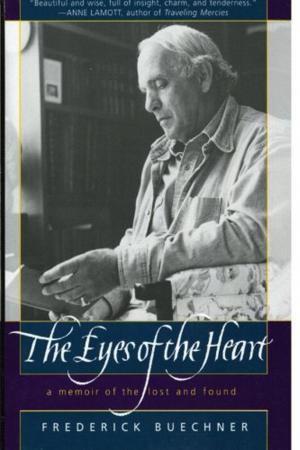I Missed the Spring
Nonfiction, Health & Well Being, Medical, Ailments & Diseases, Mental Health, Biography & Memoir| Author: | Katherine Rubin | ISBN: | 9781301043156 |
| Publisher: | Katherine Rubin | Publication: | August 17, 2013 |
| Imprint: | Smashwords Edition | Language: | English |
| Author: | Katherine Rubin |
| ISBN: | 9781301043156 |
| Publisher: | Katherine Rubin |
| Publication: | August 17, 2013 |
| Imprint: | Smashwords Edition |
| Language: | English |
The life of London born Kaila is transformed into a roller coaster ride when she is stricken with a mood disorder after her wedding to David, whom she met when working on an Israeli kibbutz after the Six-Days War. She awakens on her bridal bed proclaiming she has conceived the Child of Peace that she is a prophet and privy to the reality of Universal Peace.
After months in a psychiatric hospital suffering from extreme mood swings, David takes his bride home to Israel, a broken vessel on mind-numbing medication to treat manic-depression. Attempted suicides, physical symptoms of depression and delusions of grandeur plague her early years as a new immigrant. She fantasizes that she is destined to become a world-famous writer and usher in the New Era.
During therapy for depression, Kaila becomes aware of suppressed years of childhood spent apart from her parents in the care of hired help. A monster, seen as Amalek (arch enemy of Israel,) tortured and abused her, stamping her innocence into the dust.
By immigrating to Israel, far from her family, the trauma of childhood separation is perpetuated and Kaila is unable to heal. Over the years, visits from her parents and their consequent departures trigger repeated hospitalizations. A therapeutic relationship in the local mental health clinic leads to transference and counter transference with resultant complications.
When David is called up during the Yom Kippur War, Kaila, then at the beginning of her pregnancy, decides that he has been killed and spends months in the psychiatric ward, mourning him. After a slow recovery, her son is born the day David is released from army duty, after six months at the front.
Intermittent, healthy, productive periods follow. For a while, Kaila works as secretary to an export manager then takes a job as assistant to a literary agent. With her love for creative writing, it is a dream position. However, Kaila becomes pressured by the delusion that a tidal wave of books from all over the world, is breaking on Israel’s shore and that she has sole responsibility to ensure they all are translated into Hebrew. She becomes depressed, succumbs again to her prophetic vision and is forced to quit the job she loves.
The arrival in Israel of the Egyptian President, on a peace mission, coincides with the departure of Kaila’s mother after a short visit. When the Heads of State stand to attention for the National Anthems of the two combatant countries, Kaila senses she is personally involved that she has a role to play in the unfolding drama. She is propelled into an unrivalled bout of mania, seeing herself responsible for the Middle East peace process and the dawning of a New Era.
Once more, Kaila experiences the tribulations of a psychiatric hospital. Finally, her symptoms are diagnosed as bipolar disorder. Kaila fears that the medication prescribed to control her condition will ultimately suppress her gift for poetry. Her anxiety proves justified.
For twenty-five years, medications dull her mind and sap her vitality. She does not write one word. Then, miraculously, Kaila experiences a reawakening that she likens to a kiss from a prince. Her son, Shai provides her with a stepping stone to a creative future and thus restores the springtime of her life.
Over the next decade, Kaila becomes a prolific poet and tells her story in verse in a book of poems entitled ‘Back from Beyond,’ about her bipolar disorder, the reawakening and her new-found joy in life, in her loving partner and in nature.
She writes a journal, documenting her daily life and creative work. It soon becomes a means of self analysis, uncovering the horrors of her early years and provides the material for her memoir, I Missed the Spring.
The life of London born Kaila is transformed into a roller coaster ride when she is stricken with a mood disorder after her wedding to David, whom she met when working on an Israeli kibbutz after the Six-Days War. She awakens on her bridal bed proclaiming she has conceived the Child of Peace that she is a prophet and privy to the reality of Universal Peace.
After months in a psychiatric hospital suffering from extreme mood swings, David takes his bride home to Israel, a broken vessel on mind-numbing medication to treat manic-depression. Attempted suicides, physical symptoms of depression and delusions of grandeur plague her early years as a new immigrant. She fantasizes that she is destined to become a world-famous writer and usher in the New Era.
During therapy for depression, Kaila becomes aware of suppressed years of childhood spent apart from her parents in the care of hired help. A monster, seen as Amalek (arch enemy of Israel,) tortured and abused her, stamping her innocence into the dust.
By immigrating to Israel, far from her family, the trauma of childhood separation is perpetuated and Kaila is unable to heal. Over the years, visits from her parents and their consequent departures trigger repeated hospitalizations. A therapeutic relationship in the local mental health clinic leads to transference and counter transference with resultant complications.
When David is called up during the Yom Kippur War, Kaila, then at the beginning of her pregnancy, decides that he has been killed and spends months in the psychiatric ward, mourning him. After a slow recovery, her son is born the day David is released from army duty, after six months at the front.
Intermittent, healthy, productive periods follow. For a while, Kaila works as secretary to an export manager then takes a job as assistant to a literary agent. With her love for creative writing, it is a dream position. However, Kaila becomes pressured by the delusion that a tidal wave of books from all over the world, is breaking on Israel’s shore and that she has sole responsibility to ensure they all are translated into Hebrew. She becomes depressed, succumbs again to her prophetic vision and is forced to quit the job she loves.
The arrival in Israel of the Egyptian President, on a peace mission, coincides with the departure of Kaila’s mother after a short visit. When the Heads of State stand to attention for the National Anthems of the two combatant countries, Kaila senses she is personally involved that she has a role to play in the unfolding drama. She is propelled into an unrivalled bout of mania, seeing herself responsible for the Middle East peace process and the dawning of a New Era.
Once more, Kaila experiences the tribulations of a psychiatric hospital. Finally, her symptoms are diagnosed as bipolar disorder. Kaila fears that the medication prescribed to control her condition will ultimately suppress her gift for poetry. Her anxiety proves justified.
For twenty-five years, medications dull her mind and sap her vitality. She does not write one word. Then, miraculously, Kaila experiences a reawakening that she likens to a kiss from a prince. Her son, Shai provides her with a stepping stone to a creative future and thus restores the springtime of her life.
Over the next decade, Kaila becomes a prolific poet and tells her story in verse in a book of poems entitled ‘Back from Beyond,’ about her bipolar disorder, the reawakening and her new-found joy in life, in her loving partner and in nature.
She writes a journal, documenting her daily life and creative work. It soon becomes a means of self analysis, uncovering the horrors of her early years and provides the material for her memoir, I Missed the Spring.















